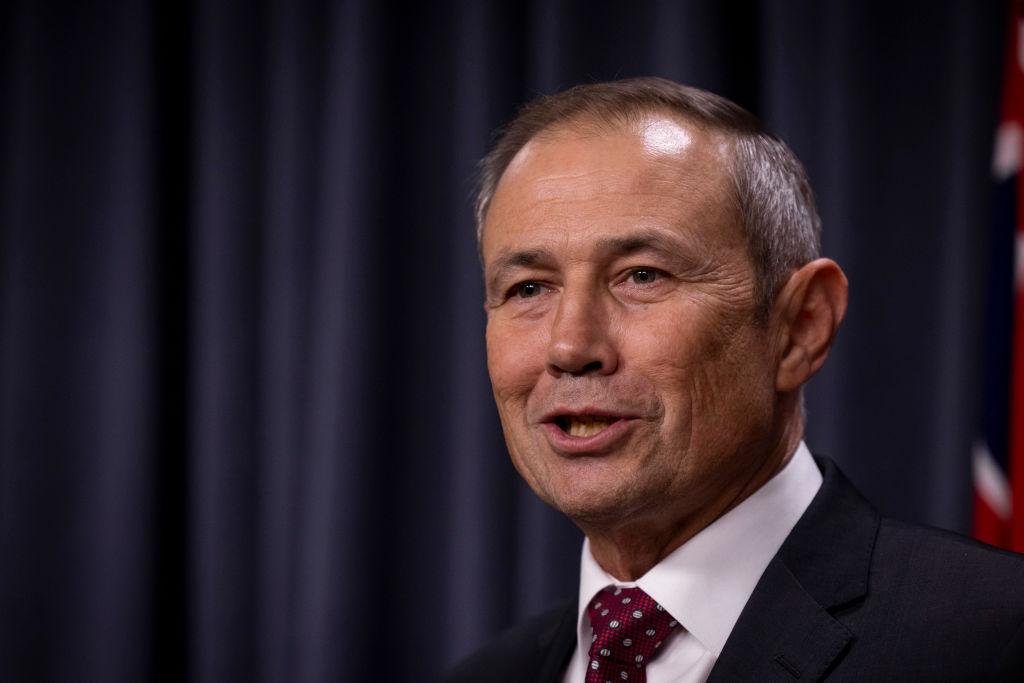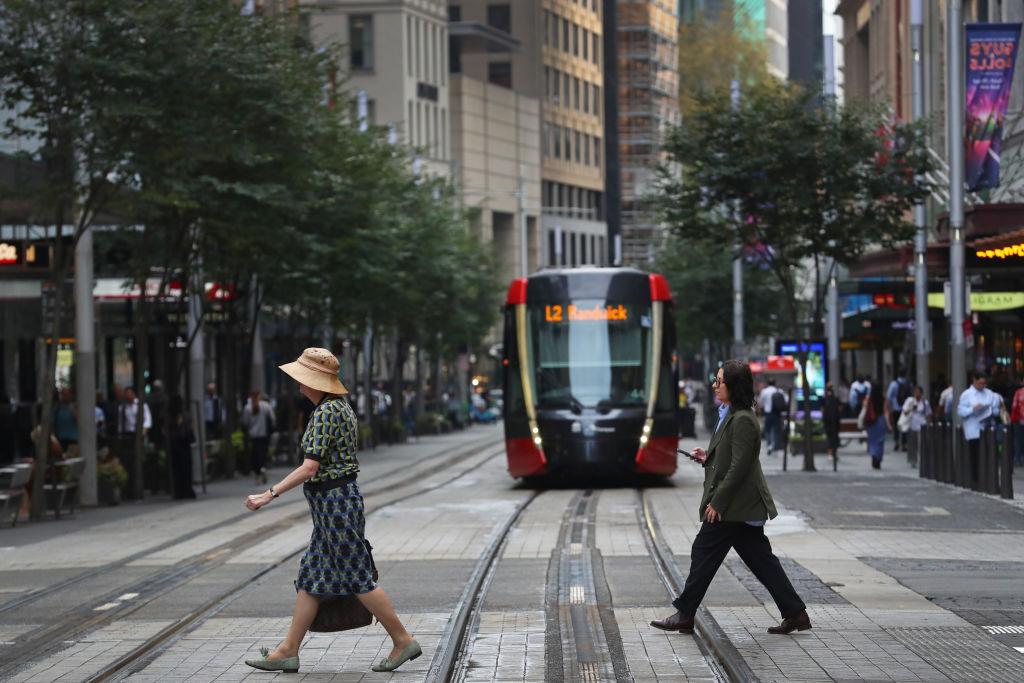Western Australia (WA) has allocated $502 million (US$331 million) of funding to expedite the state’s goals of a cleaner, affordable, and reliable energy future.
According to Premier Roger Cook, the fund will open up strategic industrial areas statewide to attract major clean industries to WA, including Latitude 32 in Kwinana, Karratha, the Peel region, the Goldfields, and South West.




